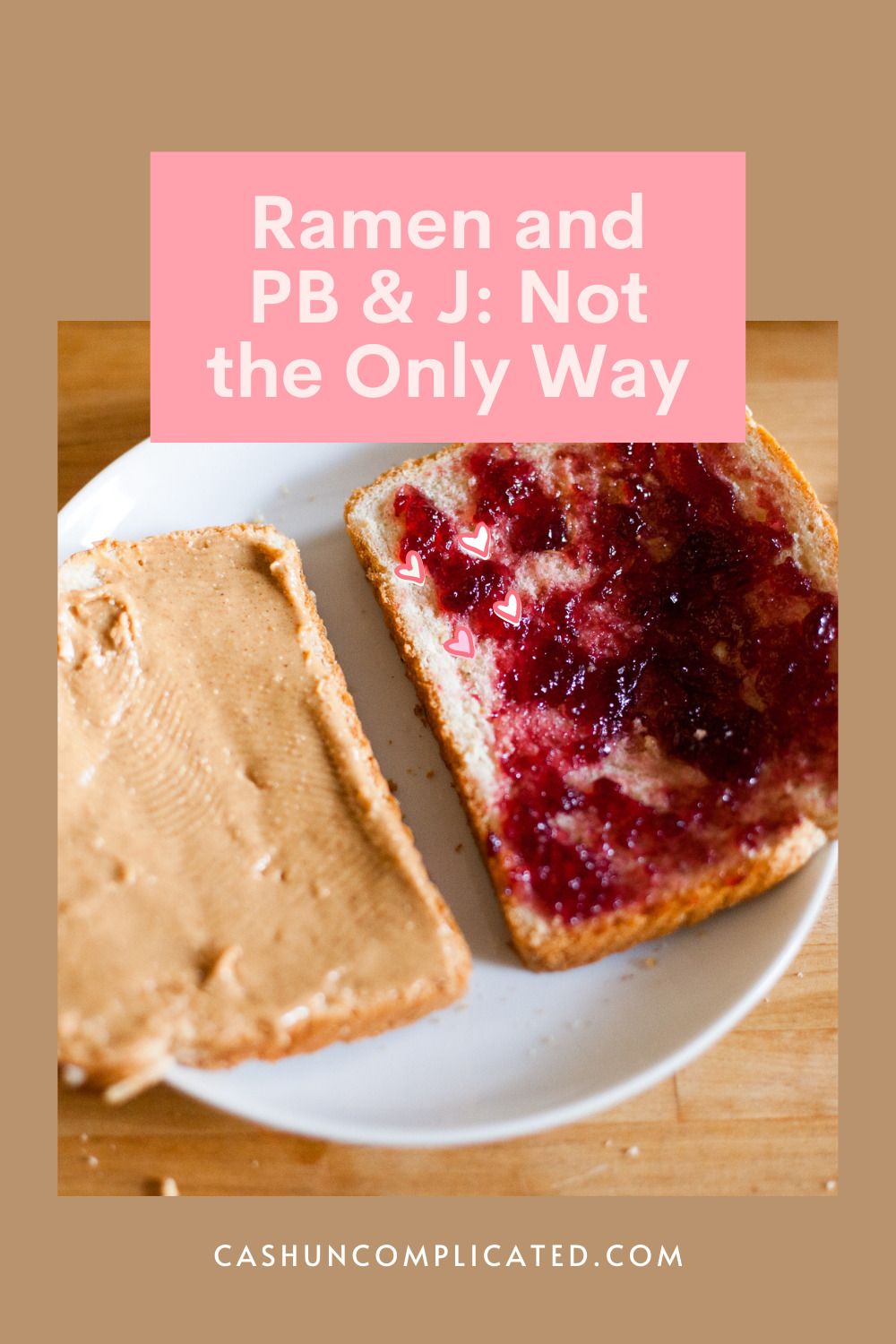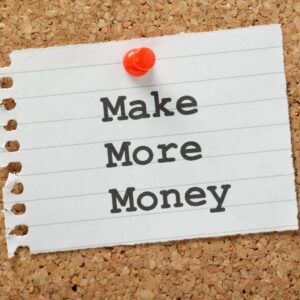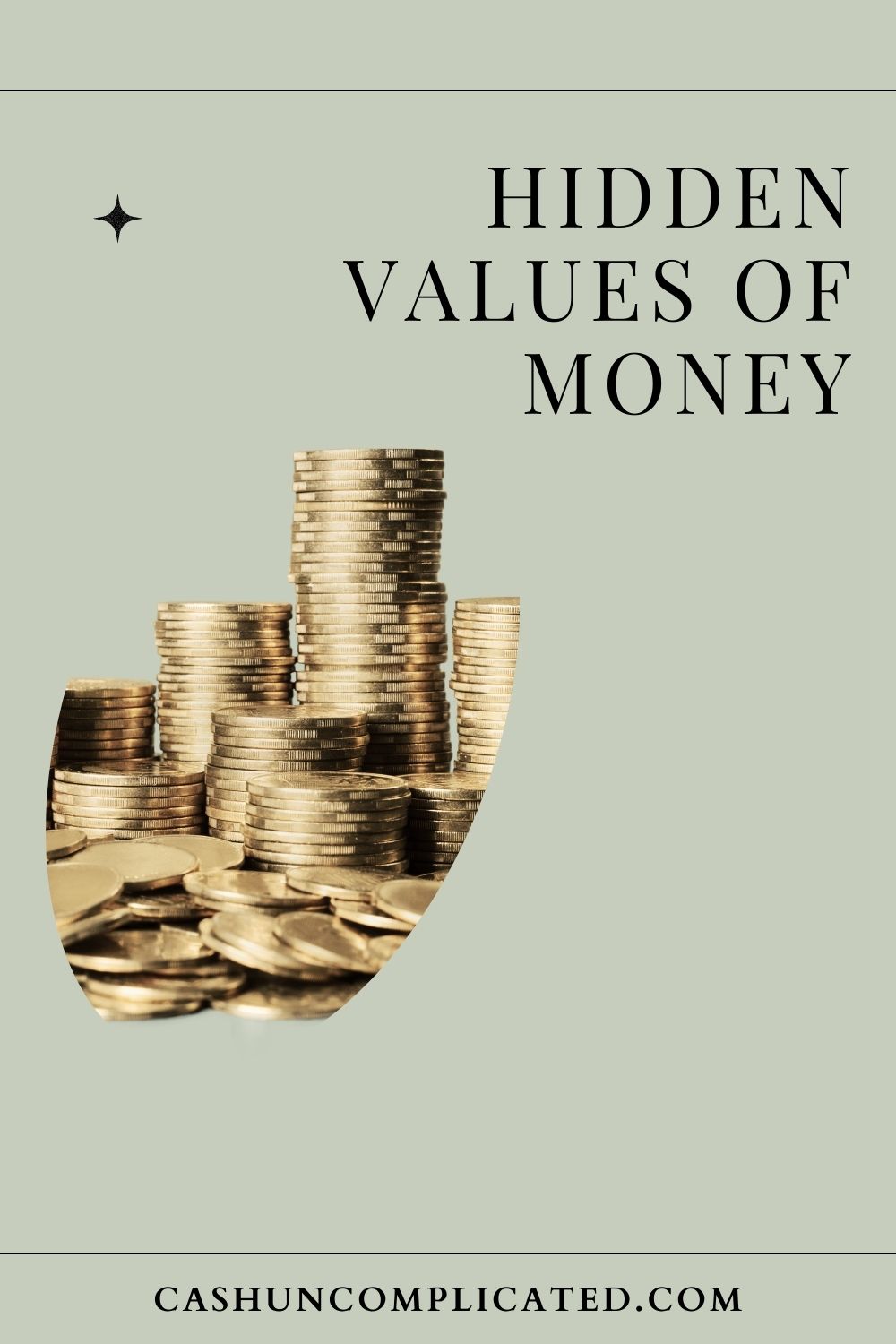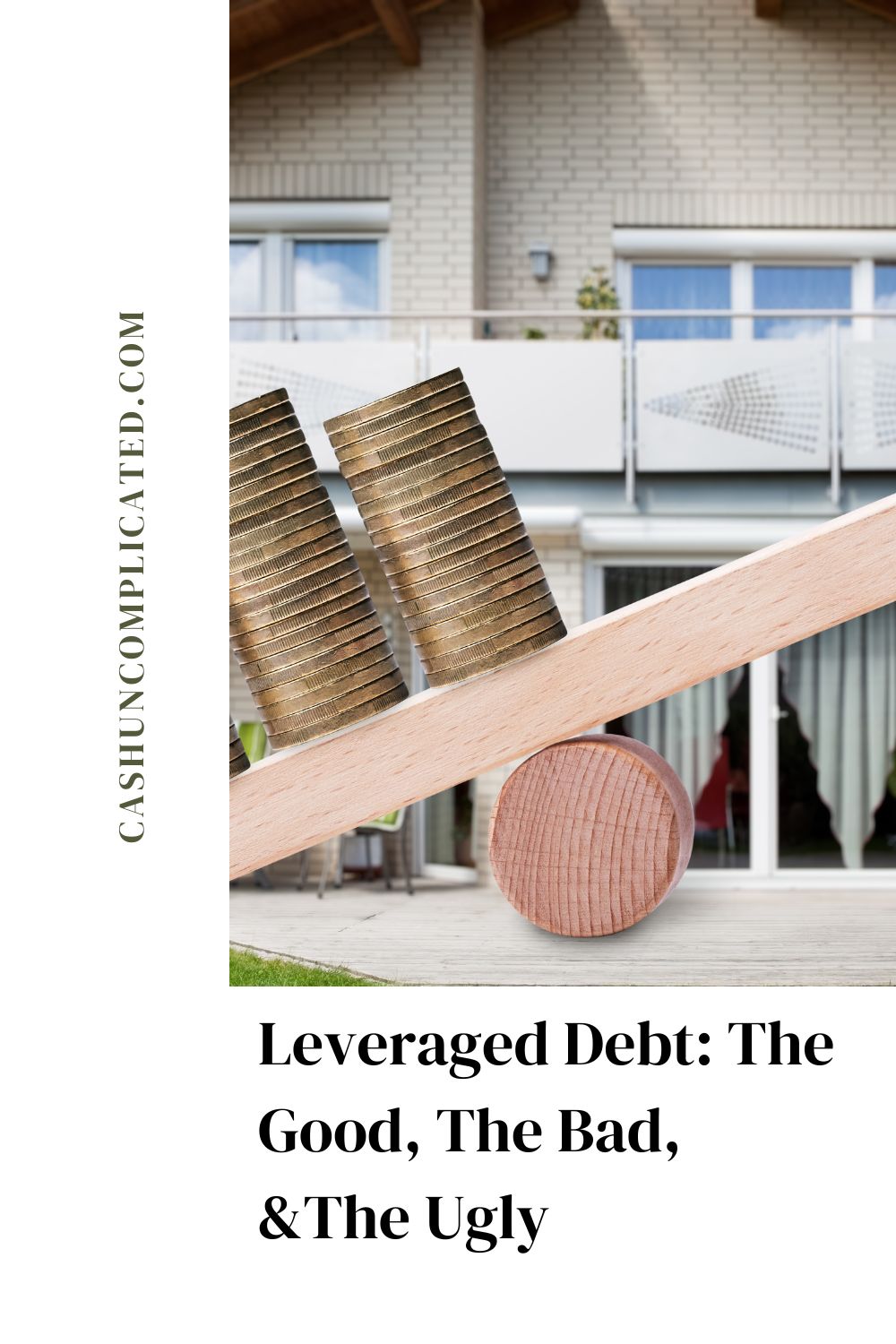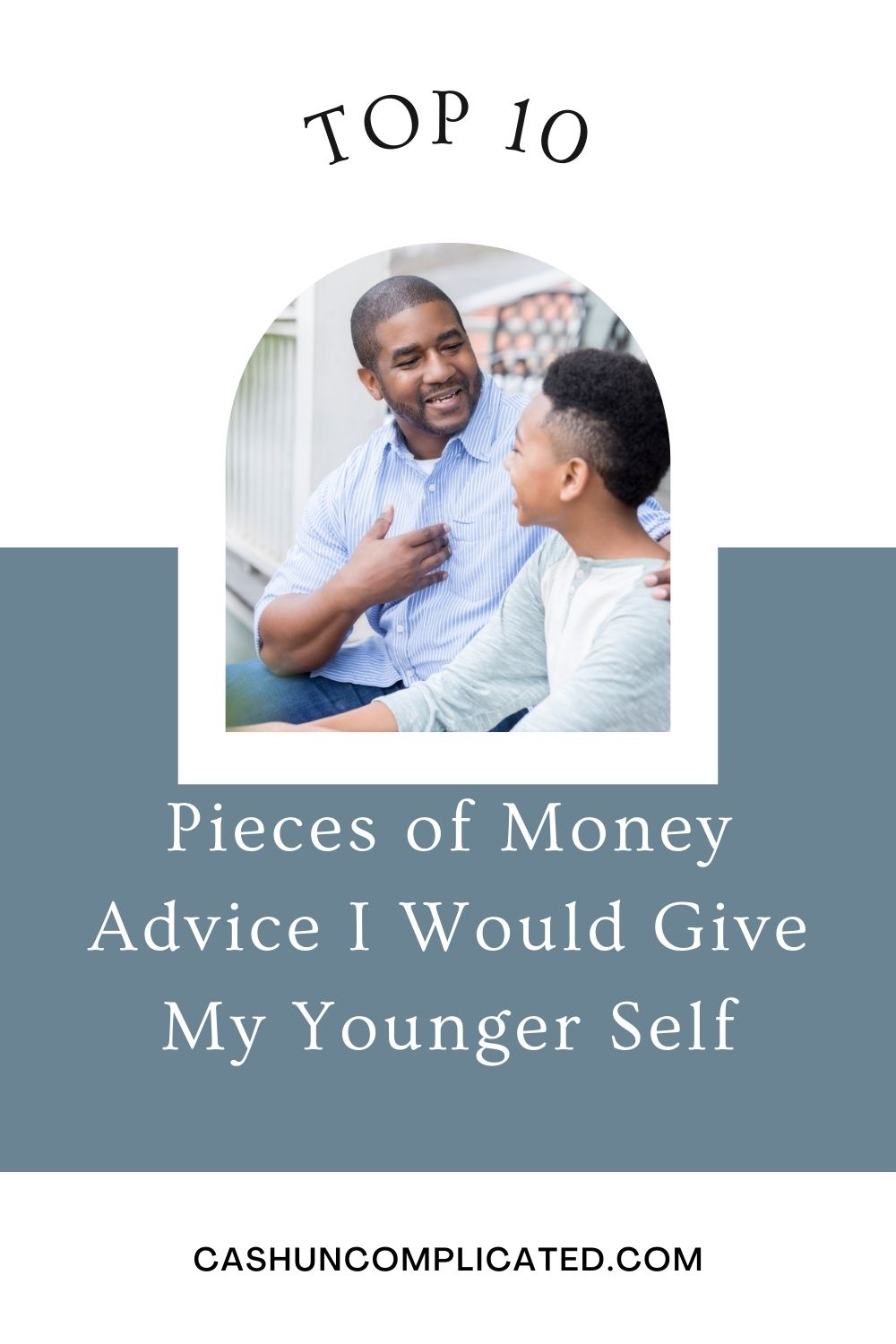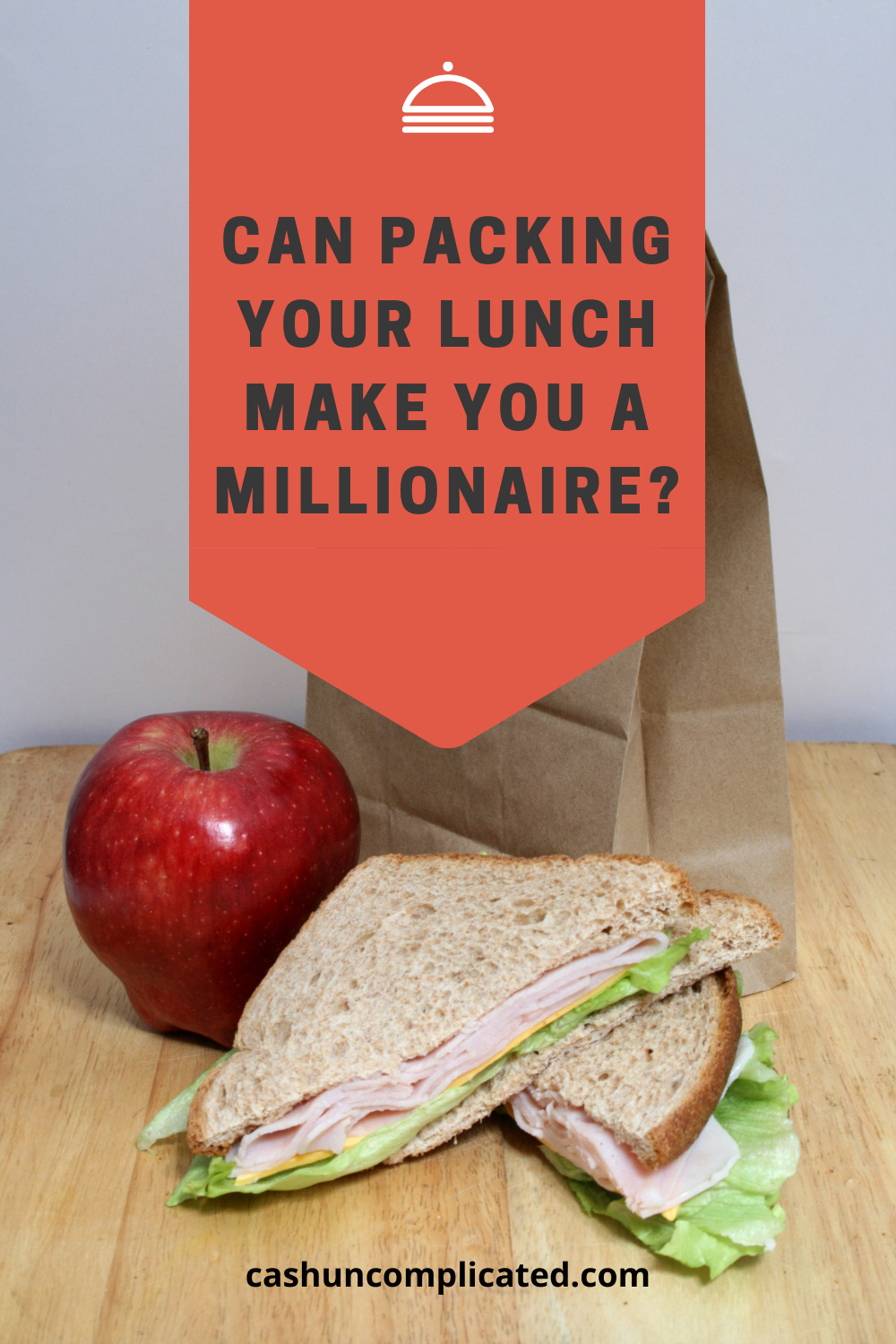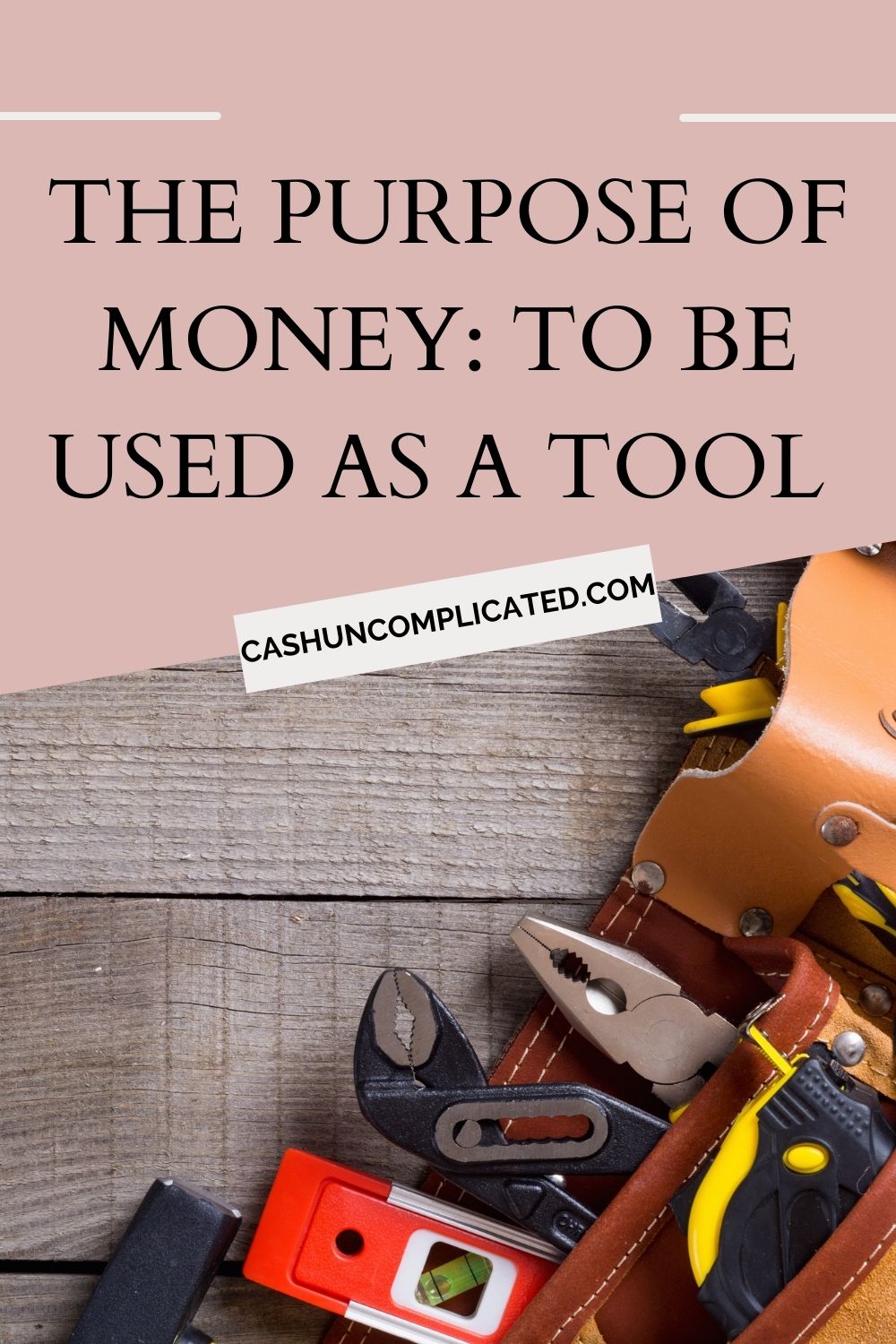There’s an idea in personal finance that for the average person to obtain wealth, they need to cut a bunch of things out. Maybe it’s because cutting spending is the lowest common denominator, or the easiest thing for people to relate to. I’ve frequently heard statements equivalent to a crash diet:
- “Don’t go on vacation or out to dinner for three years and that money will compound to over a million dollars.”
- “Don’t go on any trips until all your student loans are paid off.”
- “Eat PB & J for dinner every night to save on food costs.”
Avoiding unnecessary spending is a big part of anyone’s financial health. Whether someone is making $30,000 per year or $30 million per year, we of course have to spend less than we make. Sure, it’s a heck of a lot easier to stay under 30 million, but the principle remains the same. But there’s a difference between avoiding and minimizing unnecessary spending and “cutting” things out.
Cutting spending is just one way to save and invest. There are countless other ways to do it. Starting a business, earning a promotion at work, part time work at a side hustle, going back to school to advance in a company, selling things online, and many more. There are literally countless ways to earn more money to invest.
The Crash Diet Problem
I liken major spending cuts to crash diets. Here’s the thing—they actually do work for a short time, much like a crash diet. I’ve seen a lot of people be successful cutting everything out and saving a good amount of money. The major problem with this is that it’s not sustainable.
Anyone can avoid going out to eat for four months, not buy new clothes for that same time period, and skip vacations for a year. However, if that behavior is incongruent with a person’s values, then it leads to feelings of deprivation and doesn’t last over time.
For example, Billy loves to travel. He got the travel bug early in his teen years and has been traveling ever since. Four years ago he traveled the American Southwest for three weeks and the year after that he took a trip to Costa Rica for four weeks. He looked forward to those trips for a long time, planned them out, and had a great time with lasting memories for a lifetime.
After the Costa Rica trip, Billy took a long look at his finances and realized he was in trouble. He had a little bit of credit card debt and wasn’t investing anything at all. His savings account had a few hundred in it but not nearly enough to cover a big emergency.
One night Billy decided he was going to cut it all out. No more morning trips to get coffee, no restaurants, and no travel. The no travel was the hardest thing for Billy to accept but he did it anyway because he hated his financial situation.
Billy was very “successful” at his financial crash diet. He stayed true to what he said he was going to do and didn’t spend much money at all. For over six months he didn’t get coffee out, go out to dinner, or travel. He paid off his small amount of consumer debt and added a few thousand to his savings account. He even invested a few hundred dollars, something he has never done in the past.
Billy had a new problem. He was living a joyless life and was not a very happy person. Billy was fine with not ordering out coffee but hated the self-imposed travel ban. A month later he booked a trip to Europe for a month. The trip cost double the amount any other trip he had ever taken. Billy was feeling so anxious to travel that he didn’t care about the cost, and just wanted to get a new experience.
He spent a good part of his savings and was left with a little over a thousand dollars. A few hundred dollars more than he had six months ago but still not enough to cover a major emergency.
Over the next few months, Billy reverted back to all his old spending habits. He went out for coffee every morning, went out to dinner frequently, and booked more travel than he used to. By the end of the year, Billy was in the exact same financial position as he was prior to starting his financial crash diet.
Start With Value-Based Spending
Financial crash diets rarely work because they lead to feelings of deprivation and are incongruent with our values. A less extreme version of the crash diet is to cut out a bunch of things, but not everything. This also doesn’t work for many of the same reasons.
The first thing I recommend to people looking to improve their financial situation is to become a value-based spender. I talk about value-based spending in great detail in my book and in several blog posts.
Related:
12 Money Myths You Should Ignore
If someone values eating good, nutritious food—then PB&J and ramen every other night isn’t going to work for them. Sure, it’ll “save” you a lot of money in the short term but if it doesn’t align with a person’s life values and health goals, it’s not sustainable.
Continuing to use an example of a person who values good, nutritious food. Suppose that person also has a habit of ordering out their coffee every morning. If they just value the coffee and not the experience of going to the coffee shop, then cutting out coffee at the drive-thru or coffee shop will be easy. They are still getting what they value in the coffee. They just aren’t paying the extra money to order it out.
Related: Brewing Your Own Coffee: Will it Really Make You a Millionaire?
Make More Money
Like other things in life, there is almost always more than one way to succeed. Success with your personal finances is no different. People have been successful by reducing their spending. Another reason value-based spending is so helpful—it’s a natural way to reduce spending and eliminate unnecessary costs that don’t bring appropriate value to your life.
People have also been successful with their personal finances by making more. What making more looks like can vary wildly:
- Moving up the ranks and becoming the CEO of a company
- Starting your own business
- Moving up the pay scale in a county or federal job
- Writing a book and making money off the royalties
- Starting a side hustle for a little extra income
Each of these methods will help you make more money. Becoming a CEO of a company can potentially make you millions more. As can starting your own business. Starting a side hustle might make you a couple hundred extra every month. Moving up the pay scale in a country or federal job will help you gradually increase your cashflow.
The point is, there is more than one way. If your goal is to become rich, you might want to take the starting your own business route. If you just want to invest a few hundred extra every month, then a side hustle could be a good choice. There are literally thousands of ways to make more money. The direction you take is up to you and how it fits with your life goals.
Earnings Are Endless, Savings Are Capped
The nice thing about choosing to make more money is that earnings have no ceiling. You can earn as much or as little as you want. A business you start in your garage has the potential to expand to a billion-dollar business. It would be defying the odds, but it is possible. Even if someone doesn’t reach the billion-dollar landmark, they may be in the hundreds of thousands or millions. Still very successful if you ask me.
Contrast that to cutting your spending. You can only cut so much. Someone making $50,000 a year cannot cut out a million dollars a year in spending because they don’t have that money in the first place. But they can potentially make a million dollars a year or more. Cutting spending has a natural cap while making more has no cap.
Do Both
I’m a big proponent of looking at multiple options and optimizing all possibilities. For me, that means value-based spending and making more. Combined, those two things have propelled my personal finances to greater heights than just doing one or another.
Related: You Can Do It All: Make More Money, Be Frugal, and More
Doing both gives you leverage and strength at both ends. On one end, you are spending less which naturally provides you with more savings over the month. On the other end, making more grows your income and allows for a much higher savings and investing rate because you are literally making more.
For example, someone who previously made $3,000 per month and spent $2,800. That left her with a total of $200 per month saved and/or invested. If she reduces her spending to $2,500 per month, she is saving/investing $300 more per month for a total of $500. Which is really good.
To further optimize, if this same person also increases her income by $700 per month, she is now saving/investing the original $200 plus the additional $300, plus the $700 she added to her income. Cutting spending alone gave her $300 more than she used to have, while making more provided her with $700 more. Combined, that’s $1,000 extra per month than she used to save and invest ($1,200 total), much more powerful than just cutting spending.
I am always weary of people and programs that profess there is only one way to win. Cutting back on food costs like by eating PB&J and ramen will save you money. It’s just one method though—it’s important to challenge yourself to look at more options and expand your mind to new possibilities.

